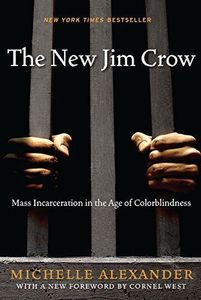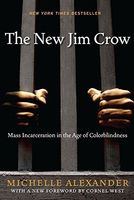May 9, 2025
- Edition
- ISBN 9781595588197
Reviews
satvi@satvi
Jeff Sexton@bookanonjeff
Jenna Thornton@thorntje23
R L@ruthie313
joe@josephsand
Laura Kehoe@laurakehoe
Angbeen Abbas@angbeen
Francis Buggey@fcbugreads
Melissa Schwartz@melschwa18
Elizabeth Morris@booklover1717
Shelby Doherty@dohertys17
Laura Kehoe@laurakehoe
Arden Kowalski@jonimitchell
Melody Izard@mizard
Omar@omareduardo
Ruby Huber@rubyread
Kim@skullfullofbooks
Ketevan Marr@ketevan
Jeni Enjaian@jenienjaian
Luke Jones@lukejones
Christine Liu@christineliu
Rachel@wellreadcatlady
Kyle McDonald@kpm
Kiara@bookwormenglishteacher



